English Language Art: A door to the world | 干货满满!第三场线上分享回顾

 On April 10th, HQIS held the third and last session of the first Online Sharing series. The session was presented by Mr. Roel Cruijff, HQIS English Curriculum coordinator. This session was particularly rich in content due to the wide range of topics covered, and we will try to summarize the main points for those who could not participate.4月10日,HQIS成功举办了第3场线上讲座。学校英语课程协调员Mr. Roel Cruijff老师为大家带来了精彩的分享,本次讲座内容丰富,干货满满,不容错过!以下是讲座回顾:If you would like to watch the full session, please scan the QR code below to get the link.如您希望观看完整版讲座视频,请扫描下方二维码获取回放链接。
On April 10th, HQIS held the third and last session of the first Online Sharing series. The session was presented by Mr. Roel Cruijff, HQIS English Curriculum coordinator. This session was particularly rich in content due to the wide range of topics covered, and we will try to summarize the main points for those who could not participate.4月10日,HQIS成功举办了第3场线上讲座。学校英语课程协调员Mr. Roel Cruijff老师为大家带来了精彩的分享,本次讲座内容丰富,干货满满,不容错过!以下是讲座回顾:If you would like to watch the full session, please scan the QR code below to get the link.如您希望观看完整版讲座视频,请扫描下方二维码获取回放链接。Teaching Methodologies 教学方法论
The first part of the presentation was a summarized history of the main language teaching methods developed throughout the last centuries.Roel老师首先为我们回顾了语言教学法的发展历程: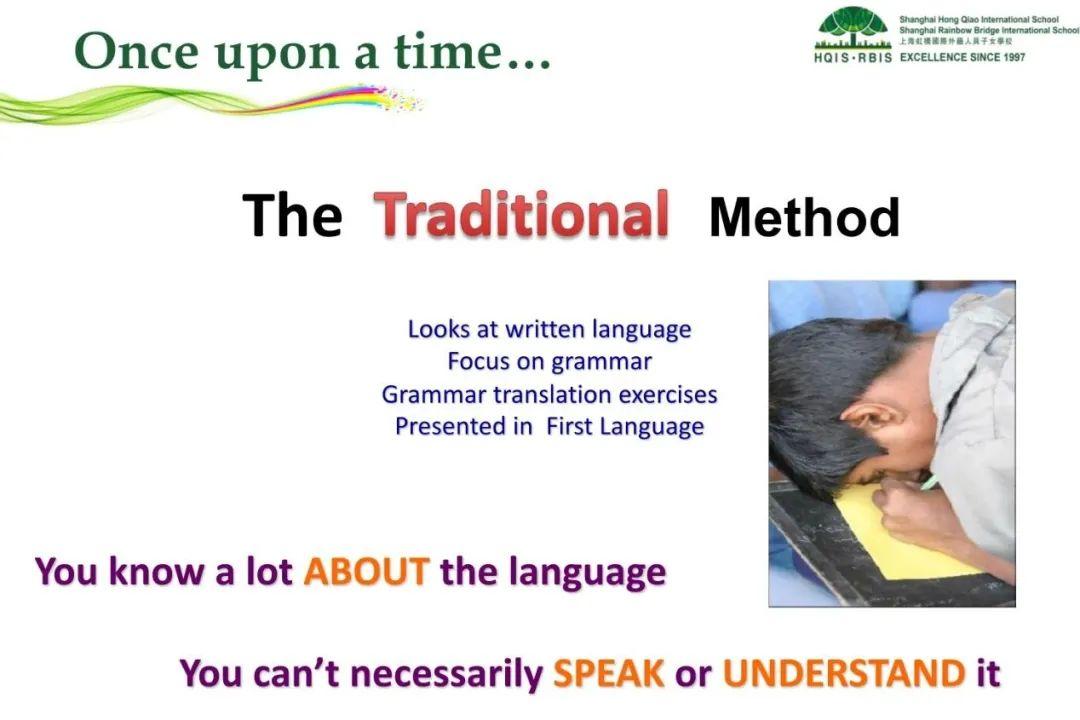 The Traditional Method: The so-called Traditional Method focuses mainly on written language. Students may actually know a lot about the language but they can not necessarily speak or understand it.传统教学法:主要培养学生的写作能力。学生们通过大量的书面练习学习语言,但往往口语能力较弱,并无法真正理解所学习的语言。The Direct Method: This kind of method involves an inductive approach that stresses on spoken language. Students are still quite passive, and their main goal is trying to imitate their teacher.
The Traditional Method: The so-called Traditional Method focuses mainly on written language. Students may actually know a lot about the language but they can not necessarily speak or understand it.传统教学法:主要培养学生的写作能力。学生们通过大量的书面练习学习语言,但往往口语能力较弱,并无法真正理解所学习的语言。The Direct Method: This kind of method involves an inductive approach that stresses on spoken language. Students are still quite passive, and their main goal is trying to imitate their teacher.
直接教学法:相比传统教学法,直接法更注重学生的口语能力。但学生依然是通过模仿老师被动地学习。Inquiry-based learning: The research brought to Inquiry-based learning, where the learner is the key and the whole learning process is carried out through a student-centered approach. 探究式学习:研究表明,学生是整个学习过程中的关键,并且强调教学过程以学生为中心。The Theory of Multiple Intelligences: Its primary idea is that all human beings learn, but they do it in different ways.
多元智能理论: 所有的人都在学习,但是他们学习的方式不同。Phonics & Active Reading: Phonics & Active reading is a process or technique that allows learners to actively engage with the text they are reading.
自然拼读&主动阅读:是一种让学习者积极参与阅读的过程或技巧。学习者从被动变成主动,语法会从语言中自然而然地感受到。This brief excursus allows us to understand the long transition process from a passive education to a student-centered education.回顾教学发展历程,可以看到教学法从被动学习转变成了以学生为中心的主动学习。There are several developmental phases during the life of learners. Early Years Learners, from Nursery to Kindergarten, Lower School learners, from Grad1 to Grade 5, Middle School learners, from Grade 6 to Grade 8, and High School. Each phase has its specific characteristics and needs. Actually, we cannot scientifically trace precise lines of separation between the phases – this is also due to the immense complexity of individual growth.再来看学习者,学习者大致可分为3个发展阶段:早期阶段、低年级阶段、高年级阶段。每个阶段都有其特定的特征和需求。事实上,我们无法用科学的方法精确地描绘出这两个阶段之间的分界线——这也是由于个体成长的巨大复杂性造成的。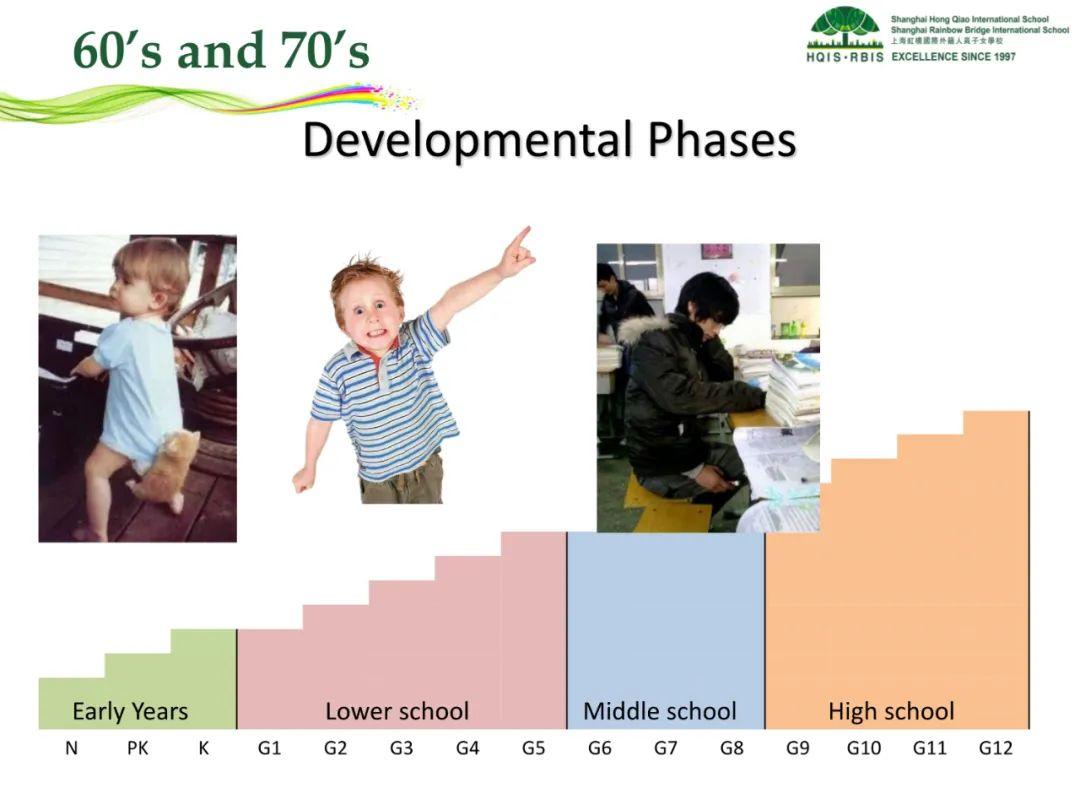 During the Early Years phase, learners are mostly taught through games and play. In fact, during this period, they are attracted by colorful things, what they see is the direct environment around them, and they learn things that are useful for daily use.在早期阶段,学习者大多通过游戏和玩耍来学习。他们会被丰富多彩的事物所吸引,他们看到的是周围直接的环境,他们学习的是日常生活中有用的东西。The Lower School phase is quite important. As learners grow, their world grows too, and they see things from a deeper perspective. Children during this phase will experiment, ask questions, they will use logical thinking and will need to express themselves. They will start to have personal interests and hobbies, and structured interactions.低年级阶段在成长过程中至关重要。随着学习者的成长,他们的世界也在成长,他们从更深刻的角度看待事物。在这个阶段,孩子们会做实验,问问题,他们会运用逻辑思维,需要表达自己。他们将开始有自己的兴趣和爱好,以及有组织的互动。We finally come to the last phase, the Upper School phase. During this important period, learners are in the very delicate transition phase from childhood to adulthood. They focus on their own powers of thought, and seek and try to emulate role-models.高年级阶段:在这一重要时期,学习者正处于从童年到成年的微妙过渡阶段。他们专注于自己的思考能力,并寻求并试图模仿榜样。According to Mr. Roel’s presentation, we know that learners of different ages have different needs. But how does HQIS meet these different needs during students’ growth? The answer is in our unique IB Program.根据Roel老师的介绍,我们了解到不同年龄段的学习者他们的教学方法和需求也不尽相同,那么HQIS是如何满足不同学习阶段的学生需求呢?答案就是学校独特的IB探究课程。
During the Early Years phase, learners are mostly taught through games and play. In fact, during this period, they are attracted by colorful things, what they see is the direct environment around them, and they learn things that are useful for daily use.在早期阶段,学习者大多通过游戏和玩耍来学习。他们会被丰富多彩的事物所吸引,他们看到的是周围直接的环境,他们学习的是日常生活中有用的东西。The Lower School phase is quite important. As learners grow, their world grows too, and they see things from a deeper perspective. Children during this phase will experiment, ask questions, they will use logical thinking and will need to express themselves. They will start to have personal interests and hobbies, and structured interactions.低年级阶段在成长过程中至关重要。随着学习者的成长,他们的世界也在成长,他们从更深刻的角度看待事物。在这个阶段,孩子们会做实验,问问题,他们会运用逻辑思维,需要表达自己。他们将开始有自己的兴趣和爱好,以及有组织的互动。We finally come to the last phase, the Upper School phase. During this important period, learners are in the very delicate transition phase from childhood to adulthood. They focus on their own powers of thought, and seek and try to emulate role-models.高年级阶段:在这一重要时期,学习者正处于从童年到成年的微妙过渡阶段。他们专注于自己的思考能力,并寻求并试图模仿榜样。According to Mr. Roel’s presentation, we know that learners of different ages have different needs. But how does HQIS meet these different needs during students’ growth? The answer is in our unique IB Program.根据Roel老师的介绍,我们了解到不同年龄段的学习者他们的教学方法和需求也不尽相同,那么HQIS是如何满足不同学习阶段的学生需求呢?答案就是学校独特的IB探究课程。How IB Works 我们是如何进行探究式课程的?
Each IB Unit of inquiry has a central theme, for example, “Machines meet our needs in different ways”. The students ask themselves questions based on this central theme, such as: "How to define needs", "What is an innovative method" and so on. Then, the students take action: he might build a bridge between two tables to transport objects. Through this result, they will learn more about the stability of the objects and other related knowledge.IB课程每个探究单元都有一个中心主题,例如“机器用创新的方法满足我们的需求”。 学生们根据这个中心主题自己提出问题:“如何定义需求”、“什么是创新的方法”等等。然后进行探究,有学生会在两个桌子中间“建造”一座桥运送物体,通过这个成果再进一步学习物体的稳定性等相关知识。The core of the IB inquiry course is to allow students to investigate and try to solve them based on the inquiry theme. During this process, they learn and master the knowledge of different disciplines in a natural way.IB探究课程的核心就是基于探究主题让学生提出问题并设法解决,在过程中自然而然地学习和掌握不同学科的知识点。Some Tips for creating an English environment at home:During the last part of the session, Mr. Roel shared some tips for home English learning. The home environment is more familiar and less structured than the classroom and offers more "teachable moments”.最后,Roel老师为我们分享了一些在家学习英语的小贴士。在家里创造一个英语学习环境有很多好处,与教室相比,学生对家庭环境更熟悉,心态也更放松,有更多的“学习机会”。This was the last Online Sharing of this series, but more will be held in the future. We want to thank all the participants, presenters and organizers. We were blown away by the record number of connections during the three sessions and we want to thank every single one of you for your participation and time.HQIS第一期的3场线上讲座圆满结束,根据家长们的积极反馈,学校正在筹备第二期线上讲座,内容会在近期公布,敬请期待!同时,我们再次感谢所有的参与者、演讲者和组织者。HQIS is not just a school, we are a strong community. Our goal is to build stronger connections between our school and parents, and let them know how important the education of their children is. We hope to see you again in future Online Sharing sessions and events.
▲ Why Inquiry-based Learning is the Best Education?▲Why is choosing the right university more important than ranking?▲Proud of YOU! Celebrate and keep up!




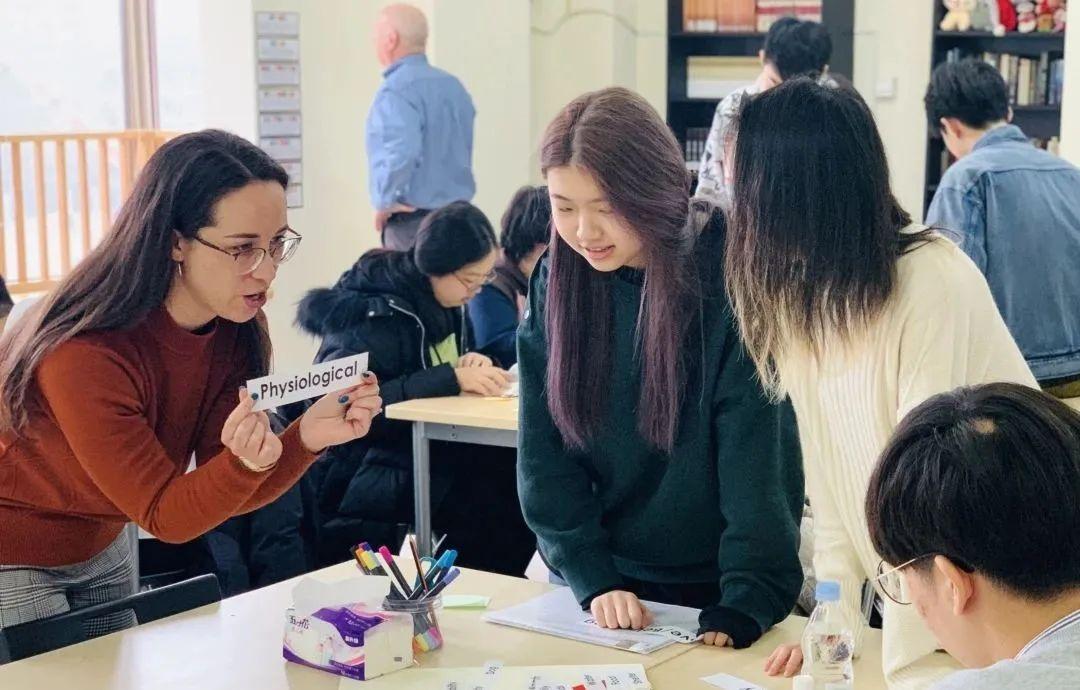
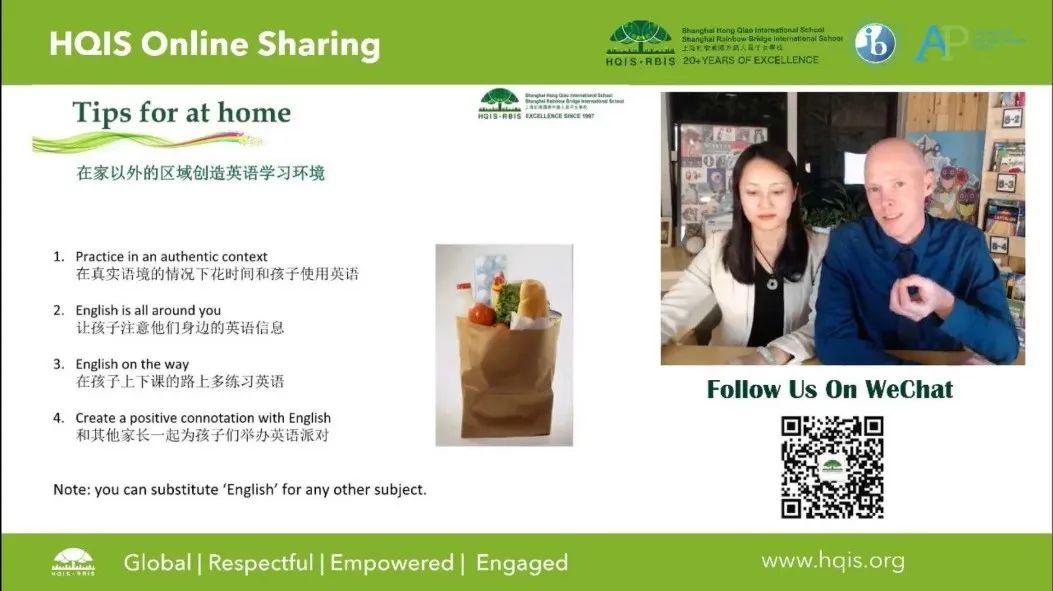
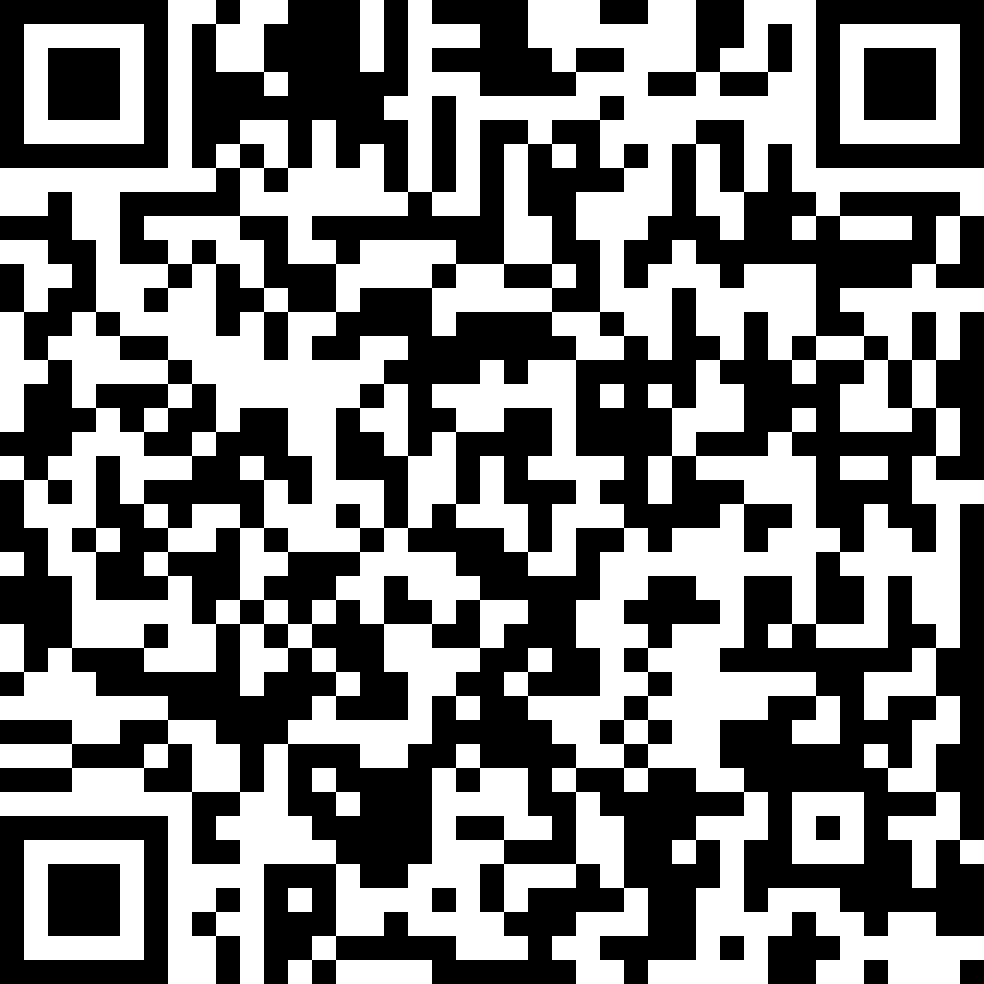
 The Traditional Method: The so-called Traditional Method focuses mainly on written language. Students may actually know a lot about the language but they can not necessarily speak or understand it.
The Traditional Method: The so-called Traditional Method focuses mainly on written language. Students may actually know a lot about the language but they can not necessarily speak or understand it.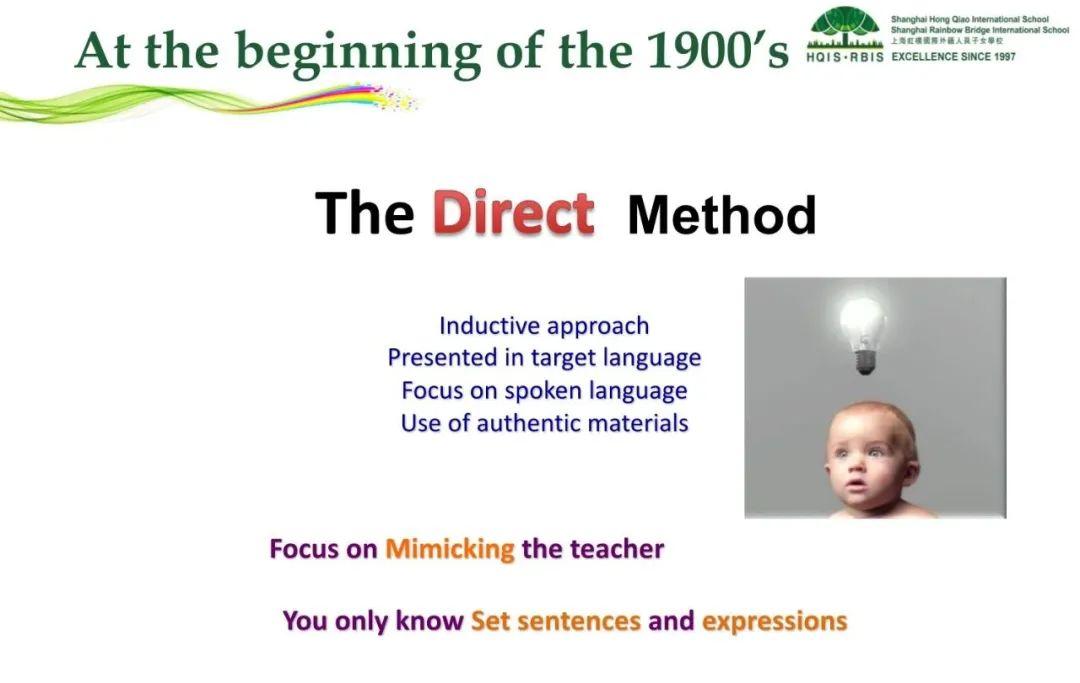
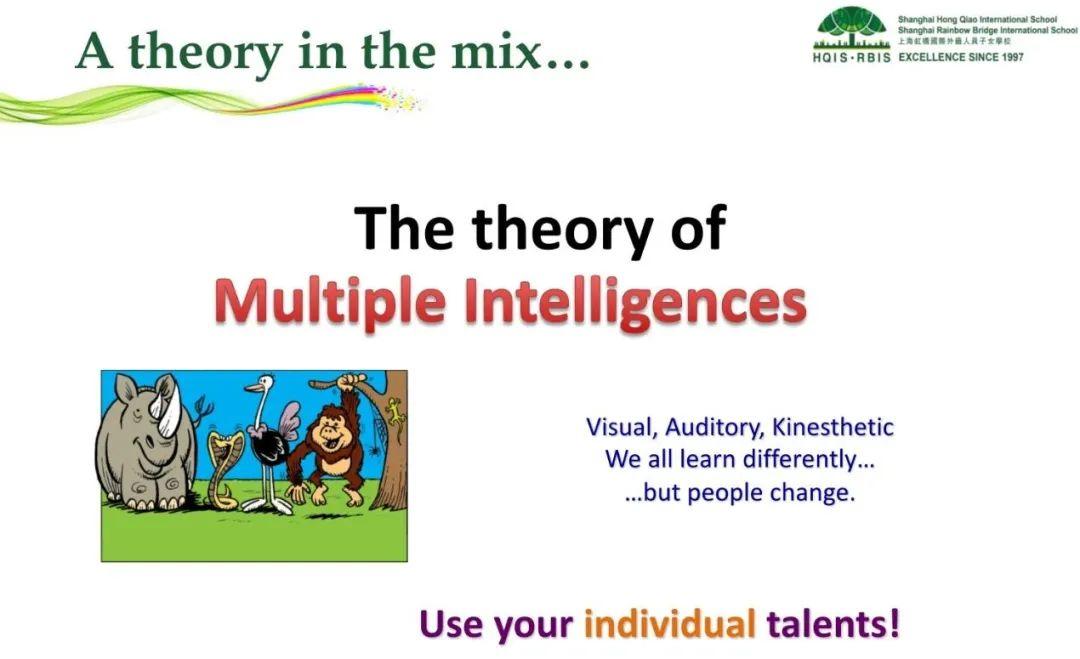
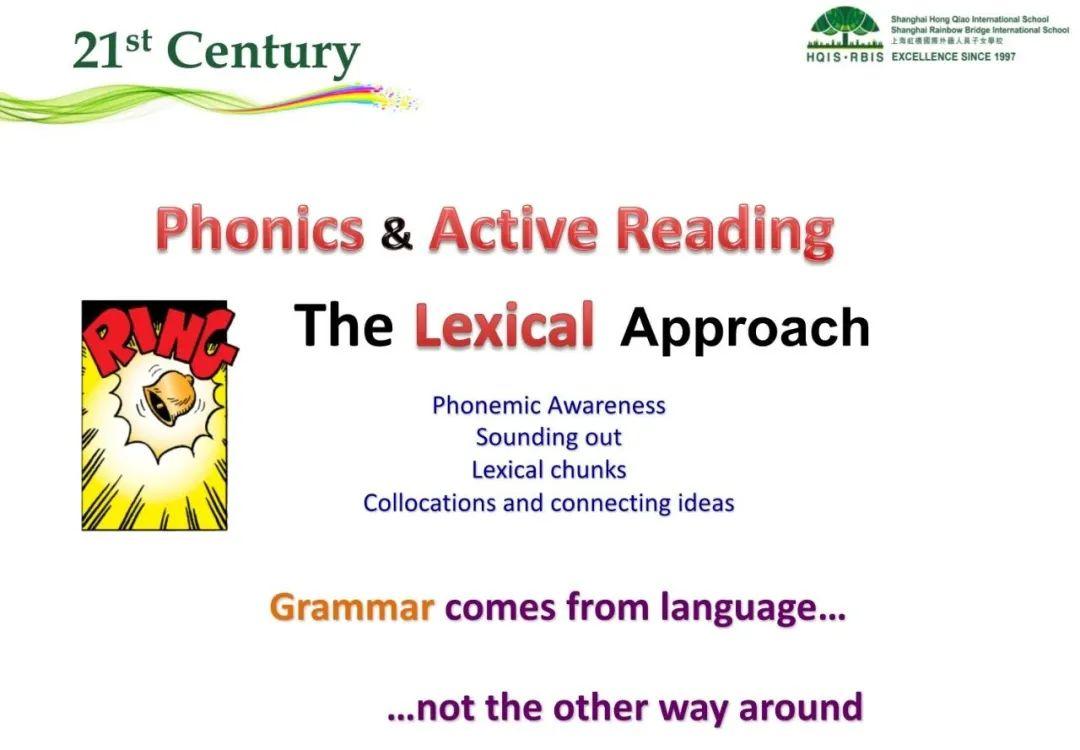
 During the Early Years phase, learners are mostly taught through games and play. In fact, during this period, they are attracted by colorful things, what they see is the direct environment around them, and they learn things that are useful for daily use.
During the Early Years phase, learners are mostly taught through games and play. In fact, during this period, they are attracted by colorful things, what they see is the direct environment around them, and they learn things that are useful for daily use.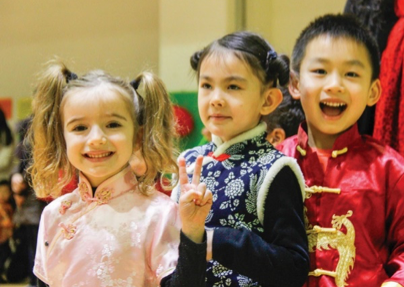
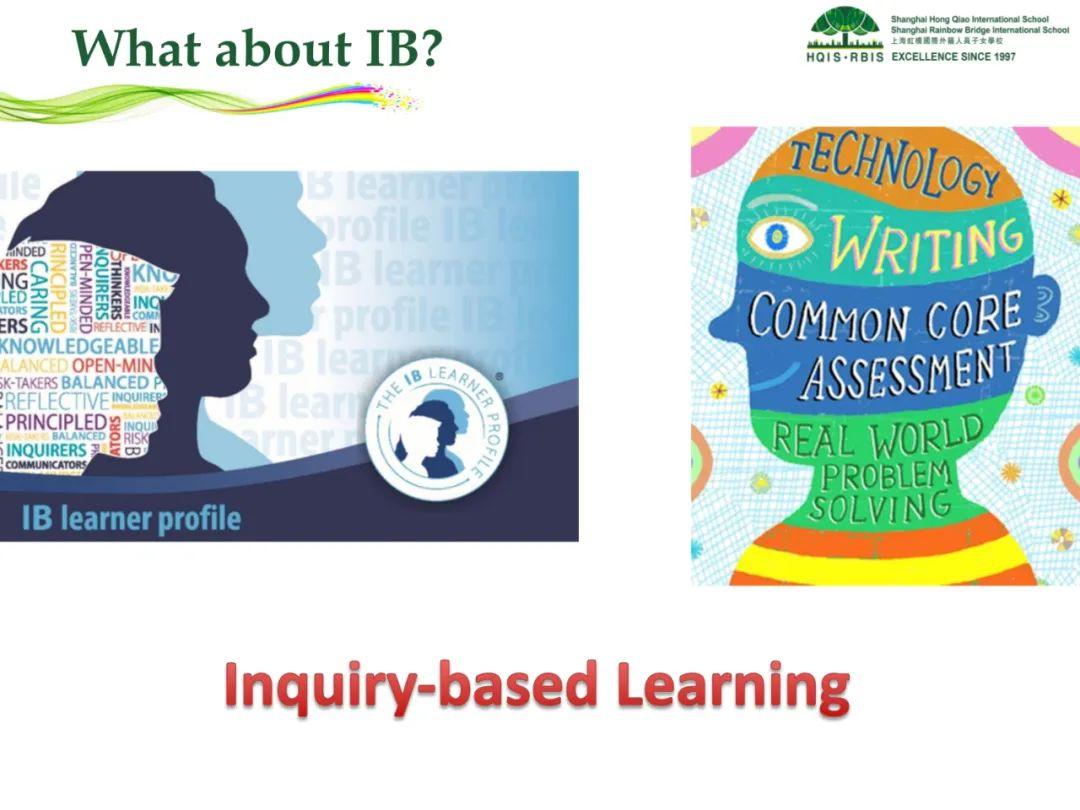
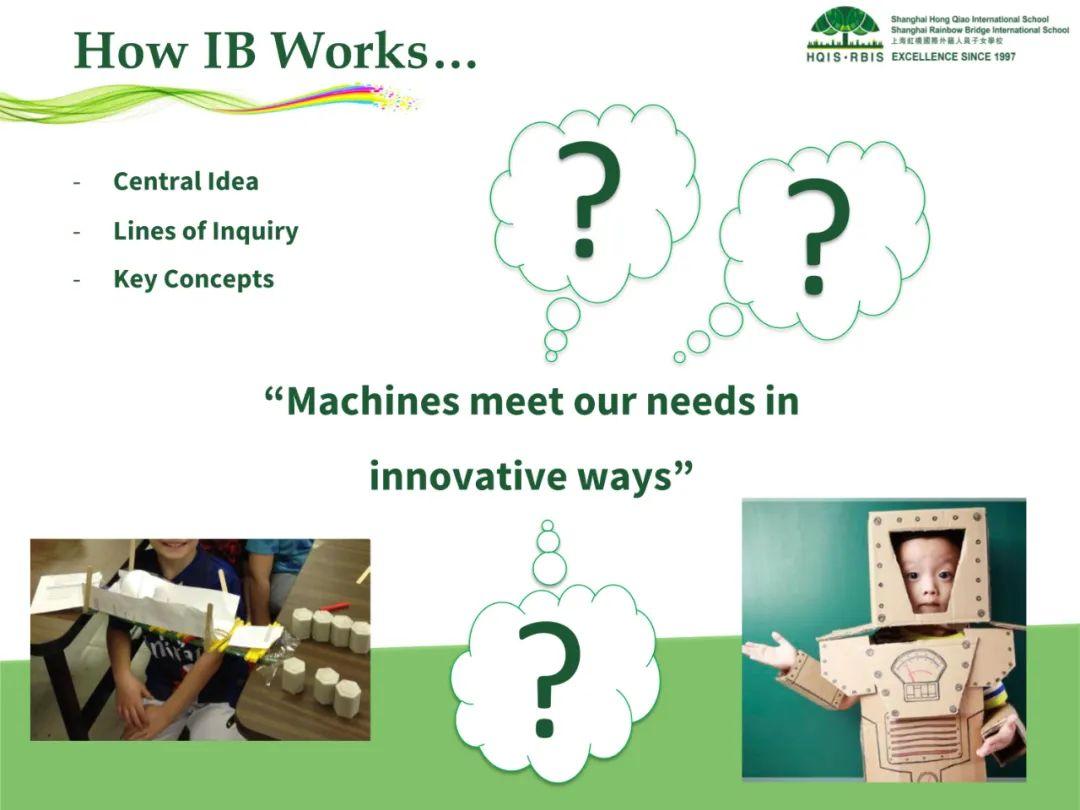
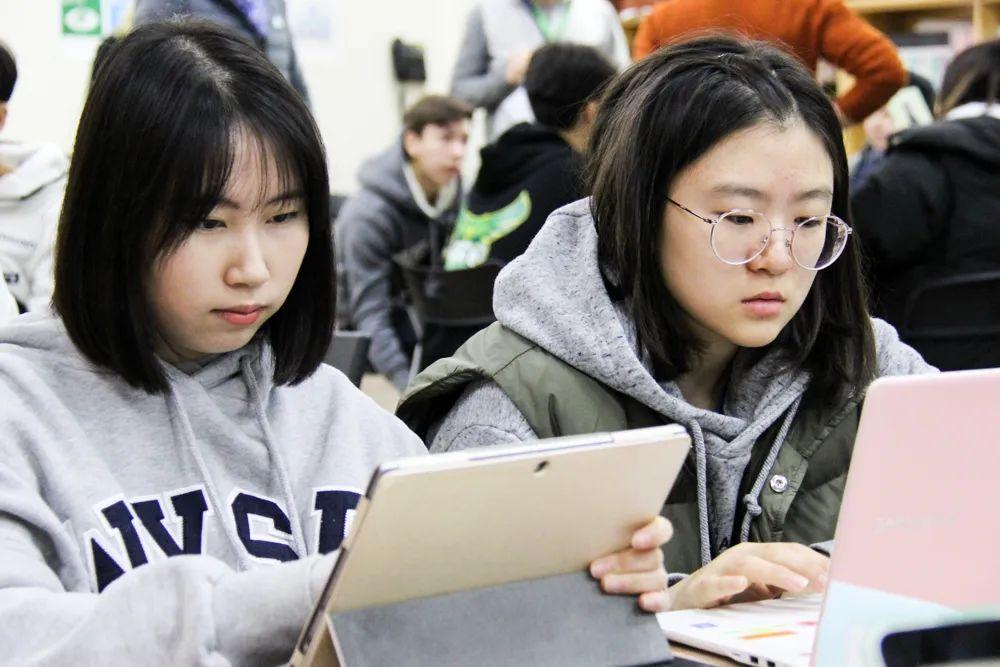
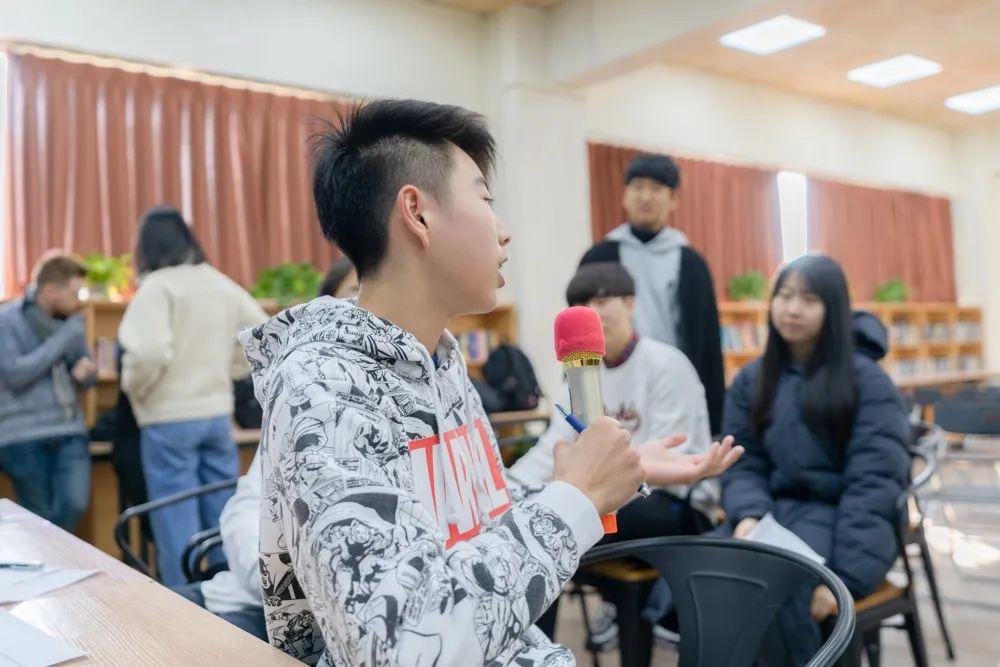
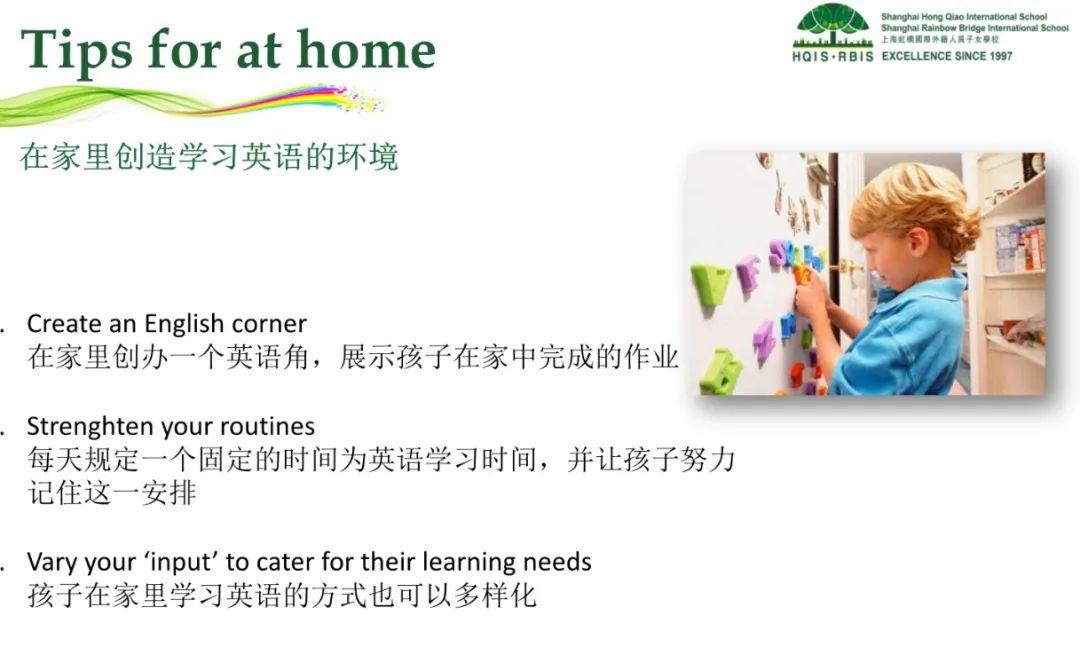
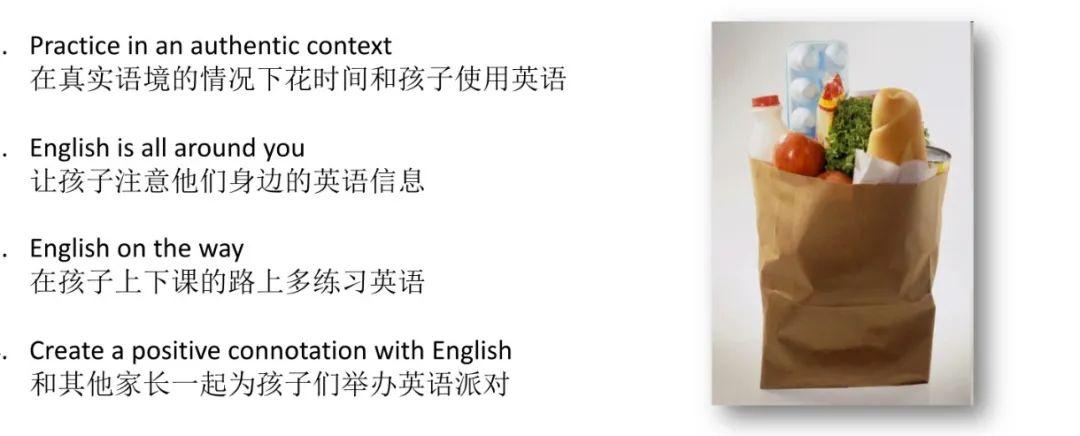
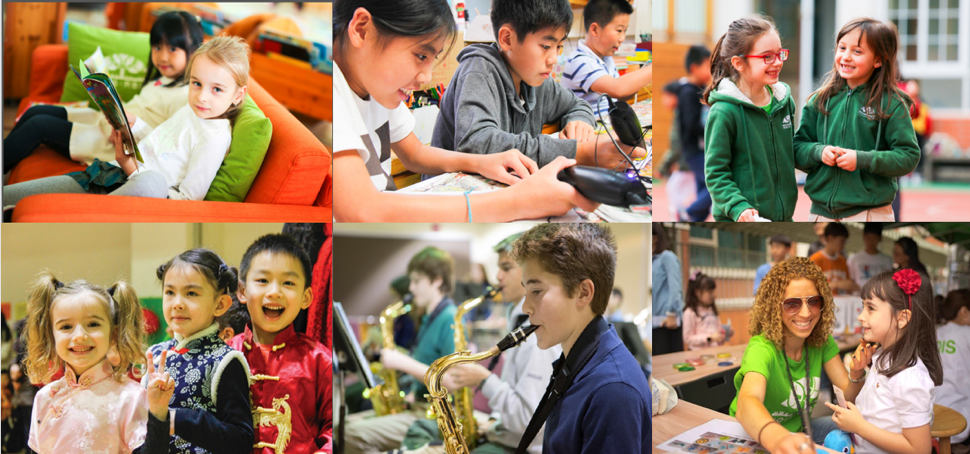
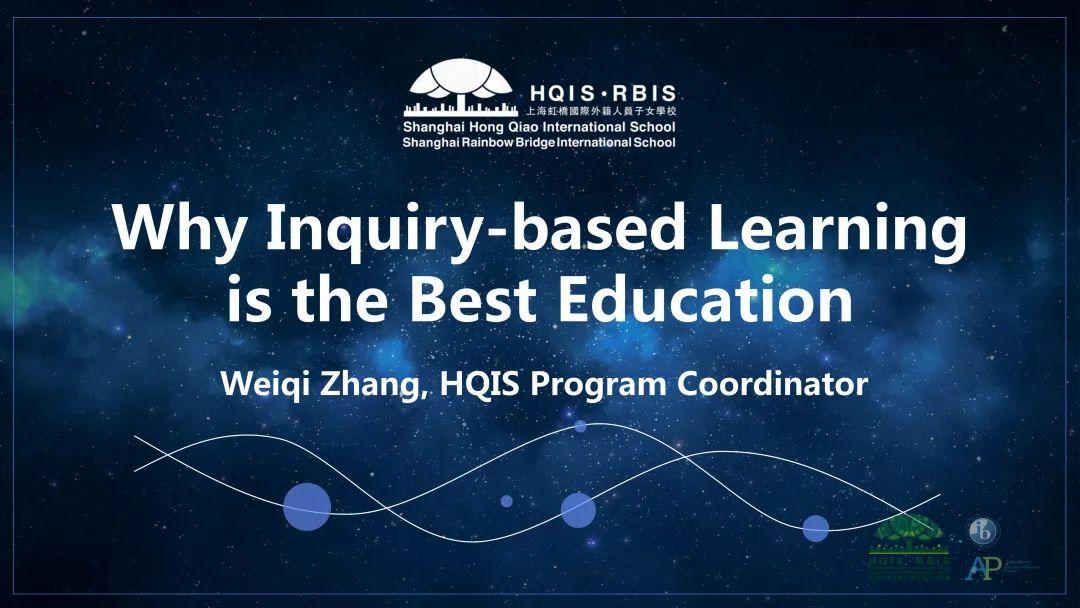
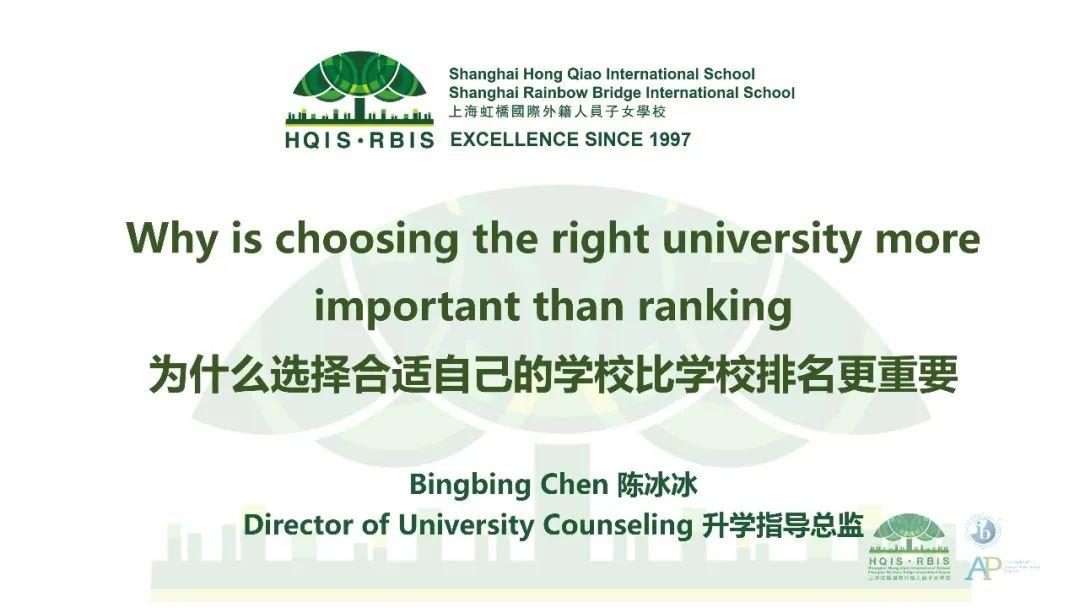
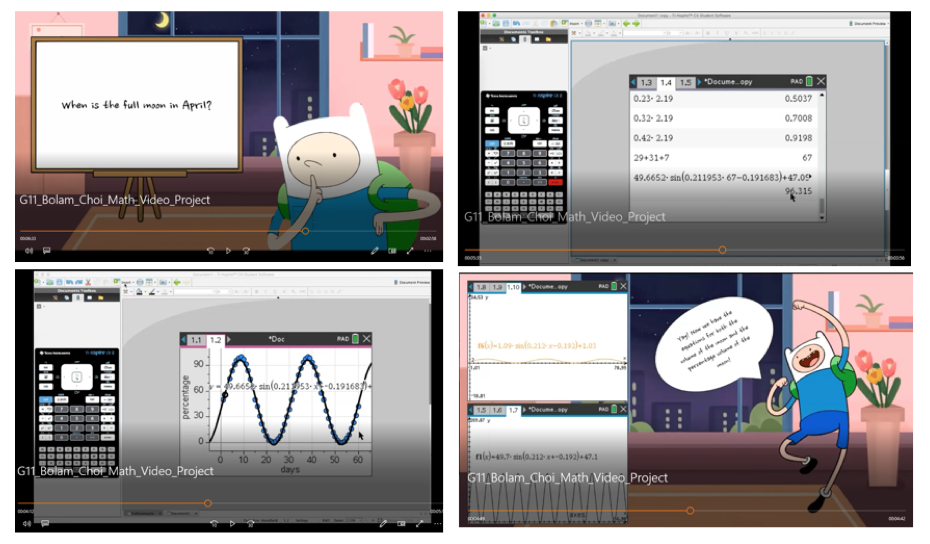
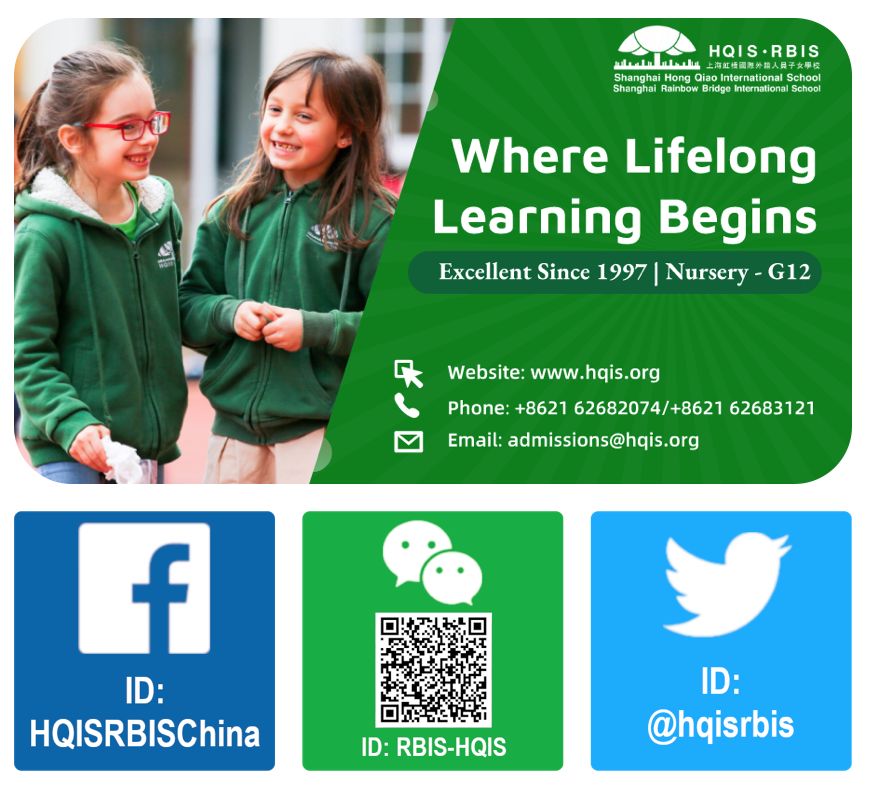



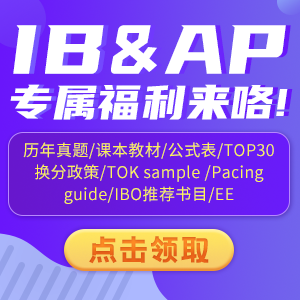





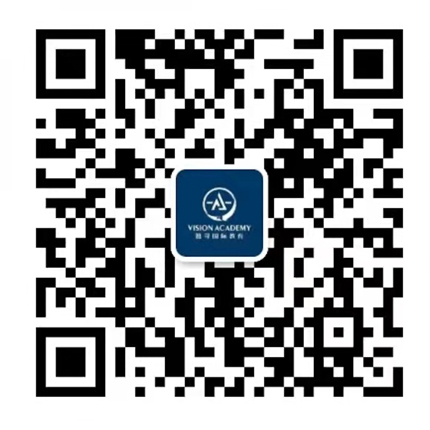
 沪公网安备 31010502004453号
沪公网安备 31010502004453号





 成功提交后我们将尽快与您联系,请注意来电!
成功提交后我们将尽快与您联系,请注意来电!


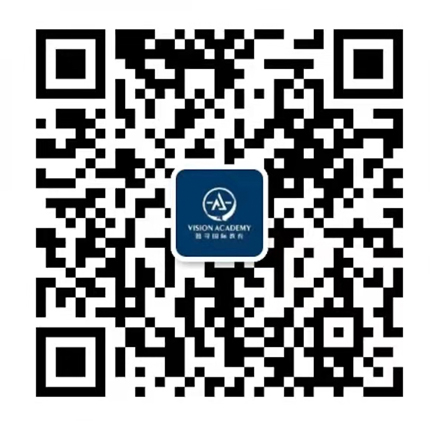




 成功提交后我们将尽快与您联系,请注意来电!
成功提交后我们将尽快与您联系,请注意来电!


